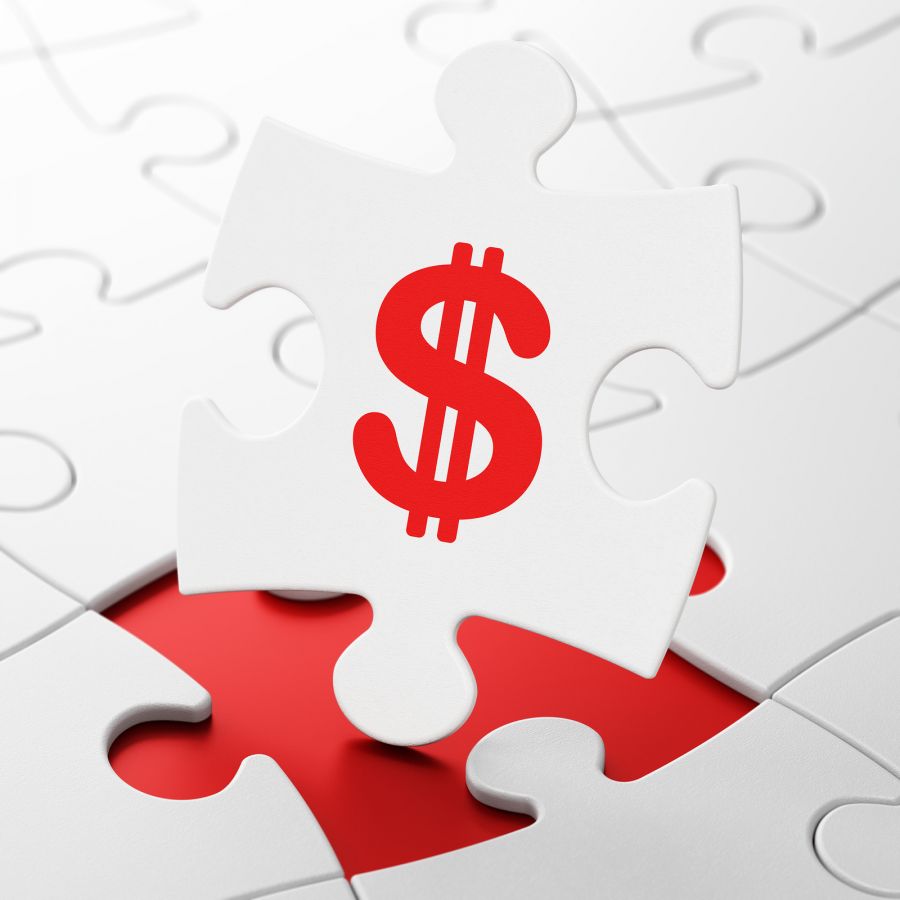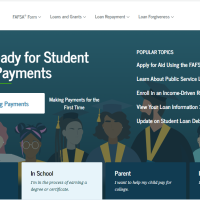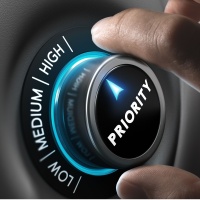
A Bankrate survey published February 13, 2019 found that 74 million Americans have more credit card debt than emergency savings. A very common, yet frustrating decision facing people is whether they should put all of their money, after meeting monthly expenses, towards paying down debt, or should some of that money go into savings. While there is no clear answer to this dilemma, we will try to outline the pros and cons to each choice.
Why pay down debt?
The answer is very obvious here. By paying down debt you have more money to put towards the things you really want in life. In addition, the quicker you pay down debt, the less money you pay back; again, an opportunity to put your money where you really want it to go.
One of the arguments for paying down debt and not saving money is that the rate of return you receive on your savings (whether it is 2%, 6%, or more) is usually much less than you are paying on your credit cards. It is true that if you owe money on a credit card charging 18% interest and are earning 2% interest in a savings account, you are, effectively investing your money and losing 16% every year.
Another point many people make is that, if an emergency arises, they will use their credit cards. By paying down debt, you can keep additional borrowing capacity available for future needs. While this may seem like a good strategy for dealing with life’s unexpected glitches, people end up replacing their old debt with brand new debt and often end up getting into more financial trouble when they can least afford to.
Why save money?
If you ask someone why they want to pay down debt on their credit cards, the answer is usually to, “get out of debt.” However, not having a savings account is a sure way to get into debt.
If you have credit card debt, ask yourself, “How much of the debt on this card was related to an emergency?” If the answer is not 100% of it, your card may not have enough credit left on it to use in an emergency.
If all of the purchases on your card were an emergency, ask how much extra you had to pay because you didn’t have that money in savings. It costs you more money to pay for an emergency using a credit card than if you have saved the money up front.
Save versus Pay Down Debt
So, what is the answer? The first step is to determine how much of your current budget you can put towards paying down your debt. From there, divide that amount among your debts and your savings. The rule of thumb with savings is 10% of your pay. Maybe that is too much if you are really focused on paying down the debt.
Paula Langguth Ryan of Cocoa, Fla. -- author of personal finance book, Break the Debt Cycle -- for Good!, recommends building your savings, “about $500 to $2,000 to cover the usual costs of emergencies you may encounter.” After you’ve saved that amount, increase the money you put towards paying down debt.
Work on ways to develop methods for saving your money. Think about the little purchases – coffee, fast food, magazines, etc. – you make. How could you pay down debt faster by reducing or eliminating those items? When you are paying off debt, sending just a few more dollars can make a huge difference in paying it off quickly. When you are saving your money, every little bit helps!
If you need help developing a plan for paying down your debts, contact American Financial Solutions today. A certified credit counselor can help you analyze your financial situation, develop a plan for managing your finances, and provide you tips on how to save money. You can contact a credit counselor by calling the number at the top of your screen or by clicking the Get Started Now button.





